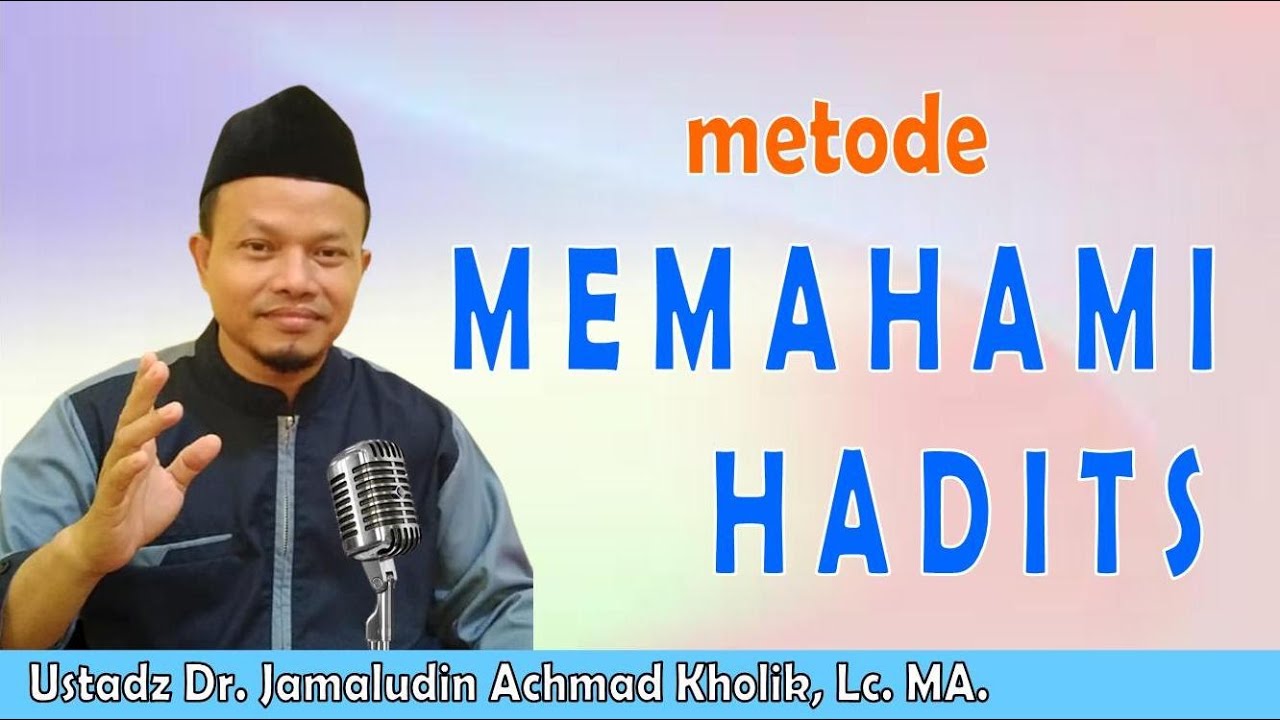KULTUM RAMADHAN 2025 H+20 SMP Islam Darussalam
Summary
TLDRThis video script discusses the Islamic values of honesty and truthfulness, emphasizing the importance of speaking the truth according to the Quran and the teachings of Prophet Muhammad (PBUH). The script explains the three types of honesty: to Allah, to others, and to oneself, and highlights the virtues of honesty, including the reward of entering Paradise. It also contrasts honesty with lying, stressing that all forms of dishonesty are prohibited in Islam, except for specific exceptions such as reconciliation, wartime situations, and maintaining marital harmony. The message concludes with the importance of following the Prophet’s example and avoiding deceit, even in jest.
Takeaways
- 😀 Honesty in Islam is a fundamental value that aligns one's words with truth and facts.
- 😀 Allah commands Muslims to be honest, as emphasized in the Quran (Surah At-Tawbah, Ayah 119).
- 😀 Prophet Muhammad (PBUH) was well-known for his honesty, setting an example for his followers.
- 😀 There are three types of honesty: honesty to Allah, honesty to fellow humans, and honesty to oneself.
- 😀 Honesty to Allah involves purifying one's intention for His sake alone.
- 😀 Honesty to humans means maintaining truthful speech and actions towards others.
- 😀 Honesty to oneself includes acknowledging mistakes and striving for self-improvement.
- 😀 The virtue of honesty is significant, and Allah rewards the honest with entrance into Paradise (Surah Al-Maidah, Ayah 119).
- 😀 Lying (kazib) is forbidden in Islam, regardless of whether it's a 'small lie' or a 'white lie'.
- 😀 There are exceptions where lying is permissible: reconciling disputing parties, lying during war to protect Muslims, and lying between spouses for the sake of family harmony.
- 😀 Lying for humor or false praise is strongly discouraged, and Prophet Muhammad (PBUH) warned against making others laugh through lies or insincere flattery.
- 😀 Muslims should follow the example of Prophet Muhammad (PBUH) in being truthful and avoid deceit, as exemplified by the actions of Abu Bakr As-Siddiq (RA).
Q & A
What is the definition of honesty (jujur) as mentioned in the script?
-Honesty (jujur) is defined as speaking or acting in accordance with the facts, where one conveys the truth without any distortion or falsehood.
What does the Quran say about honesty?
-The Quran instructs Muslims to act with honesty. In Surah At-Tawbah, verse 119, it emphasizes the importance of honesty in one's actions and speech.
What are the three types of honesty discussed in the script?
-The three types of honesty are: 1) Honesty to Allah, which involves purifying intentions and actions solely for His sake; 2) Honesty to humans, which involves being truthful in words and deeds; and 3) Honesty to oneself, which involves acknowledging one's mistakes and striving for self-improvement.
How does honesty relate to the concept of Paradise in Islam?
-Honesty is highly valued in Islam, and it is stated in the Quran (Surah Al-Maidah, verse 119) that those who are truthful will be rewarded with entry into Paradise.
What is the meaning of 'dusta' (falsehood) in the context of the script?
-Dusta (falsehood) refers to statements that contradict the truth. It is seen as a serious sin in Islam, as there is no such thing as a harmless or white lie.
Are there any situations where lying is permissible in Islam?
-Yes, Islam allows lying in three specific situations: 1) To reconcile between two conflicting parties; 2) During wartime to protect the Muslim community; and 3) Between spouses to maintain harmony in their relationship.
What does the script say about lying for humor or flattery?
-The script warns against lying for the sake of making people laugh or offering false praise. Such behavior is discouraged, as it is contrary to the teachings of honesty in Islam.
What example does the script give of a leader who embodied honesty?
-The script highlights Prophet Muhammad (Sallallahu Alaihi Wasallam) as a prime example of honesty, both in his speech and actions, and stresses that Muslims should emulate his character.
What prayer is mentioned in the script regarding improving one's character?
-The script references a prayer made by Abu Bakr As-Siddiq (RA) asking Allah to make him better than what others think of him and to purify his intentions.
What final advice does the script provide about honesty and falsehood?
-The script concludes by advising Muslims to follow the example of Prophet Muhammad (Sallallahu Alaihi Wasallam) by being truthful, avoiding lies, and seeking to live according to the teachings of Allah and His messenger.
Outlines

Этот раздел доступен только подписчикам платных тарифов. Пожалуйста, перейдите на платный тариф для доступа.
Перейти на платный тарифMindmap

Этот раздел доступен только подписчикам платных тарифов. Пожалуйста, перейдите на платный тариф для доступа.
Перейти на платный тарифKeywords

Этот раздел доступен только подписчикам платных тарифов. Пожалуйста, перейдите на платный тариф для доступа.
Перейти на платный тарифHighlights

Этот раздел доступен только подписчикам платных тарифов. Пожалуйста, перейдите на платный тариф для доступа.
Перейти на платный тарифTranscripts

Этот раздел доступен только подписчикам платных тарифов. Пожалуйста, перейдите на платный тариф для доступа.
Перейти на платный тарифПосмотреть больше похожих видео

🔴 [LIVE] Kultum Ramadhan 1446 H Oleh Ustadz H.Yusup Tajiri,M.Pd | Da'i MTsN 35 Jakarta Barat

Perjuangan Rasulullah Demi Umatnya ! | Ustadz Fadlan Garamatan

Arti Muhammad Rasulullah | Mutiara Hati

Komunikasi dalam Tinjauan Syariah

Kurikulum Merdeka Rangkuman PAI Kelas 8 Bab 3: Amanah dan Jujur

Metode Memahami Hadits || Ustadz Jamaludin (UJ)
5.0 / 5 (0 votes)
